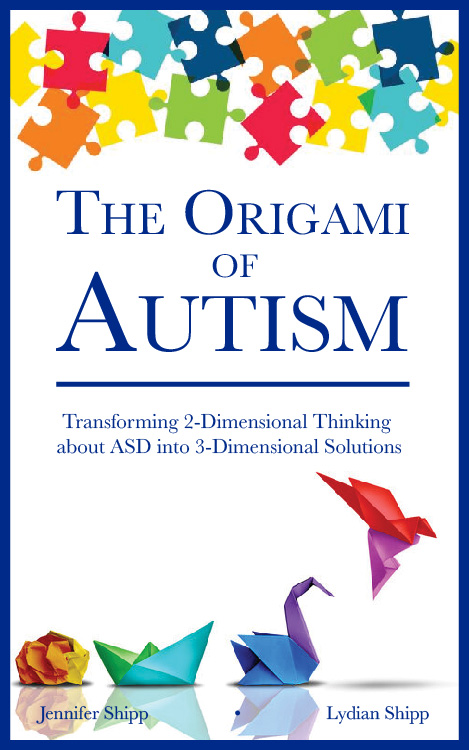Choline, Colinomimetics, and Citicoline for Autism
Choline and Colinomimetics (drugs that mimic the action of Choline) have had positive results in the treatment of autism. Choline is a nutrient that is sometimes classified as a B vitamin, but there are also autism nootropics like Citicoline that mimic the action of choline in the brain and body. We present this material about choline, citicoline and other colinomimetics as autism nootropics, but some parents or adults with autism may prefer to work with choline as a nutrient for autism in tandem with the other B complex vitamins and amino acids. Others may wish to work with a nootropic like Citicoline. This discussion focuses on the research into choline, the natural nutrient substance as well as colinomimetics that mimic the action of choline in the body.
Generally, we recommend that autism patients work with natural nutrients like choline rather than working with synthetic agents that mimic the action of a nutrient like choline, but some studies have shown remarkable improvements in children who are working with colinomimetics, so we are presenting the data about those nootropic substances here.

Click here to schedule a health coaching session with us.
Natural Choline, Amino Acids, Magnesium, and B Vitamins for Autism
Choline deficiency during the first 1000 days of childhood has been linked to an increased risk of autism and ASD. Choline should be included in prenatal vitamins and multivitamins for children, but usually it isn’t. Most multivitamins for children and prenatal vitamins don’t include choline despite the fact that this nutrient is key in the development of a healthy nervous system and brain.Click here to read more about how vitamin B9 / folate and choline for autism can improve outcomes and prevent ASD.
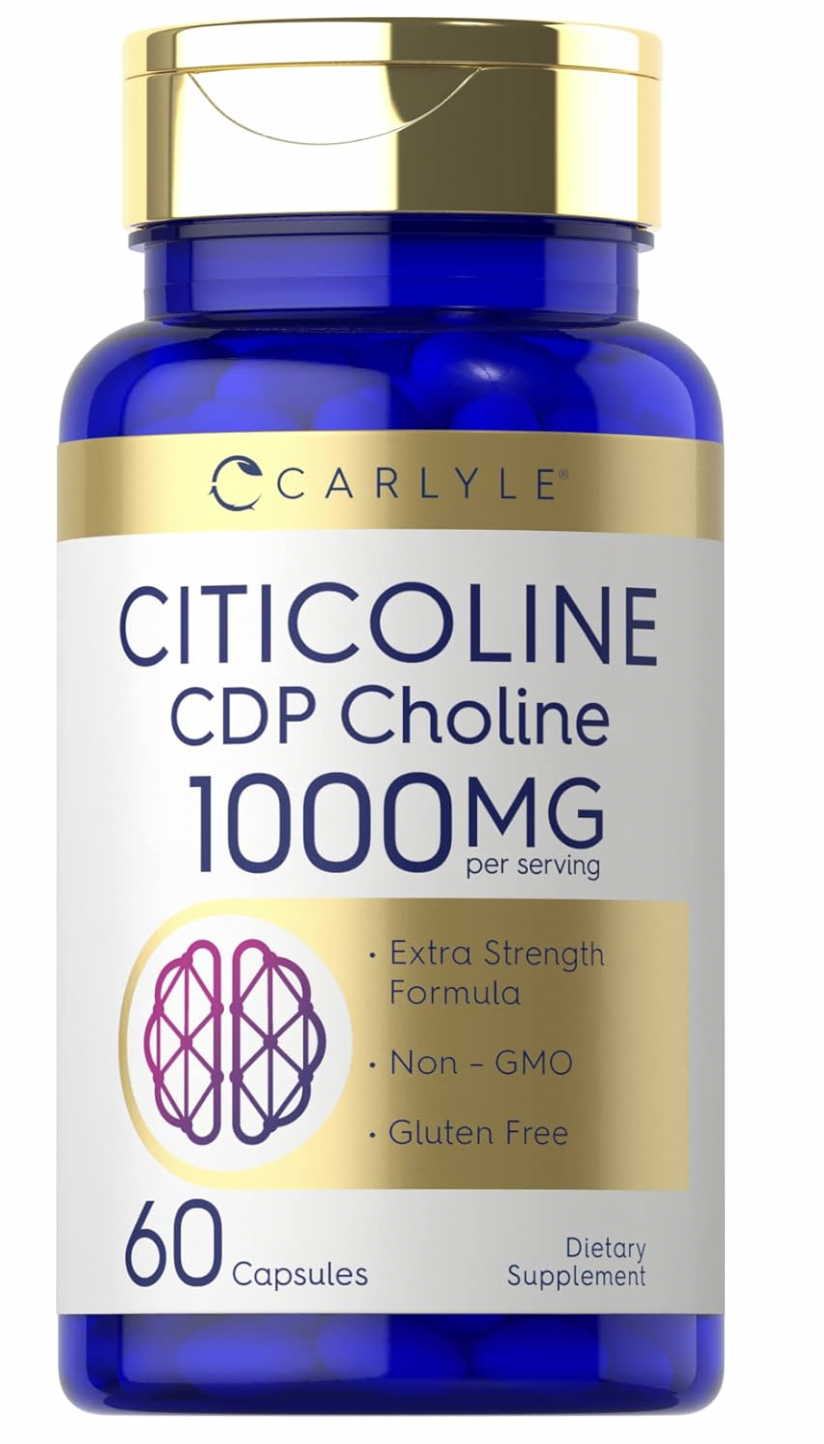
Click here to buy oral Citicoline.
A review of the scientific literature combining chlorine, vitamin B complex, magnesium, and amino acids has shown that these nutrients have neuroprotective effects that can improve intellectual performance in ASD. In patients with newly diagnosed ASD, choline, amino acids, vitamin B6, vitamin B9 / folate, and vitamin B12 are much more important than nutrients vitamin D or omega-3 fatty acids according to the literature. Indeed supplementation with vitamin D without simultaneously supplementing with vitamin K2 can be extremely detrimental to human health. Click here to learn more about the harmful effects of supplementing with vitamin D3 for autism if you are not also giving your child vitamin K2 / MK-7.In the diet, choline provides nutrient precursors to produce the neurotransmitter acetylcholine while simultaneously providing a methyl-group to reduce the production of homocysteine. It plays a role in cell-membrane signaling and lipid transport too. As such, choline as a nutrient plays a role in sensory processing and cognition, memory, and learning. Choline also plays a role in the production of methionine, an essential amino acid in the human body.
Click here to read more about methylation in autism.
Studies have shown that children with autism have choline levels that are lower than children who do not have ASD symptoms.
Choline and Donezepil for Autism
Some scientists have combined choline supplementation (350 mg) with donepezil (5 mg). Donezepil is a drug that inhibits the breakdown of acetylcholine. In the study that combined choline and donezepil, patients under the age of 10 years showed an increase in acetylcholine activity as a result of choline supplementation. Donezepil then prevented the breakdown of acetylcholine to increase acetylcholine activity in the synapse. This combination choline-donezepil treatment resulted in improvements in receptive language skills after treatment for 12 weeks in the autistic children who were under 10 years of age. Improvements were consistent and continued when scientists checked back in on the patients 6 months following treatment. Kids who were over 10 years of age, however, showed worsening of autism behaviors with irritability. Parents should note that in children over 10 years of age, irritability could be a symptom of trauma that’s been stored in the autonomic nervous system. This trauma, if it is properly released using psilocybin or some other form of treatment like Eye Movement Desensitization and Reprocessing / EMDR or craniosacral therapy, could, in theory be permanently released by patients older than 10 years.
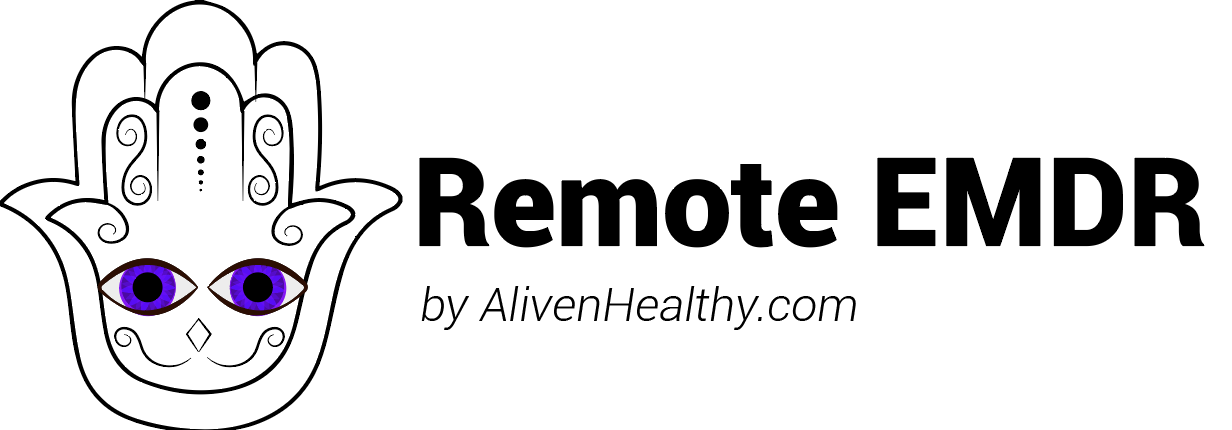
Click here to do a free trial of EMDR online.
Click here to learn more about trauma and autism.Click here to learn more about psilocybin for autism.
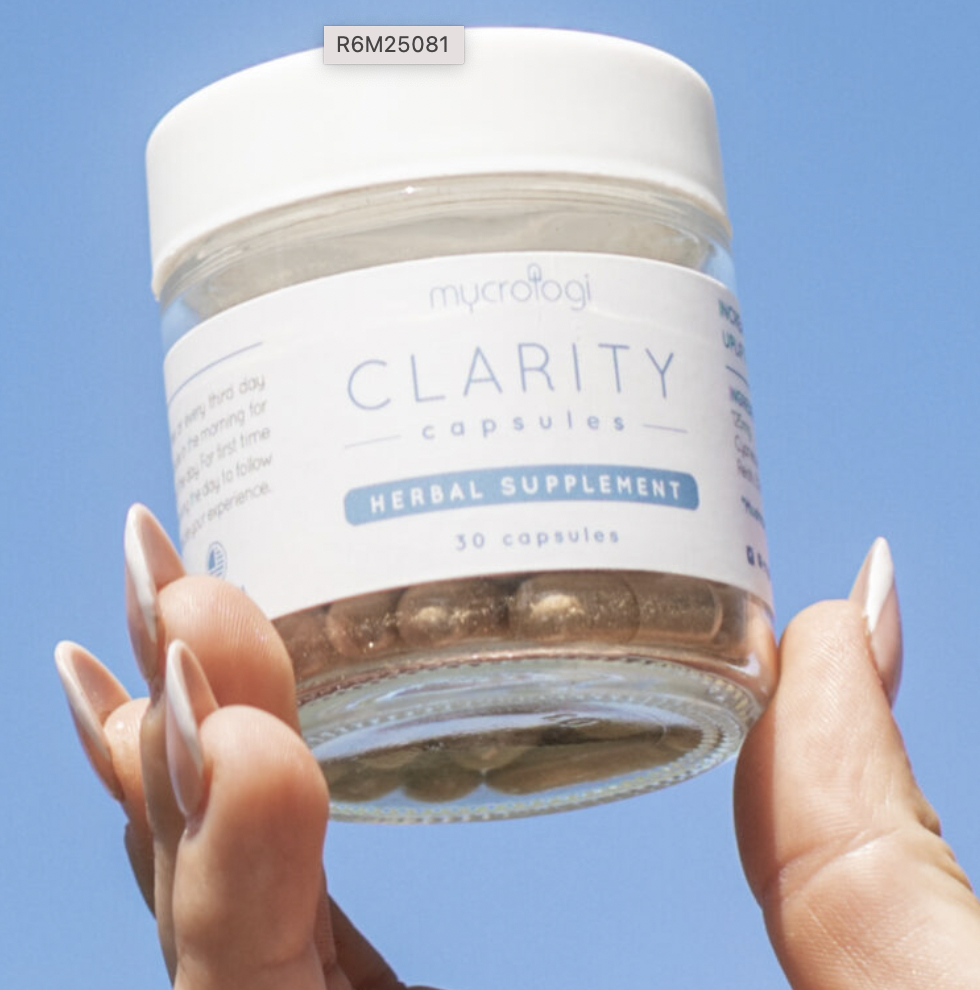
Click here to buy psilocybin online.
High dose B complex vitamin supplementation has also proven helpful along with choline supplementation for ASD. Both B vitamins and choline assist in the reduction of homocysteine levels in the body. Vitamin B6 contributes to the conversion of amino acids into neurotransmitters. Studies have shown that high-dose magnesium supplementation for autism along with B complex vitamin supplements assist with nervous system function. When vitamin B12 is lacking, it can also cause autism symptoms. Administration of methylcobalamin at a dose of 75 mcg improved symptoms of ASD in autism studies.
Amino acids have been used by doctors for decades to reduce symptoms of Down’s syndrome naturally along with dimethyl sulfoxide (DMSO), a drug that provides a methyl- group for methylation and that has an extreme broad spectrum of medicinal action. In autism, amino acids have also proven themselves useful in regulating neurotransmitters like serotonin and melatonin and dopamine, noradrenaline, and adrenaline. The amino acids that are most involved in serotonin and melatonin production is L-tryptophan while L-tyrosine is most involved in the production of dopamine, noradrenaline, and adrenaline.
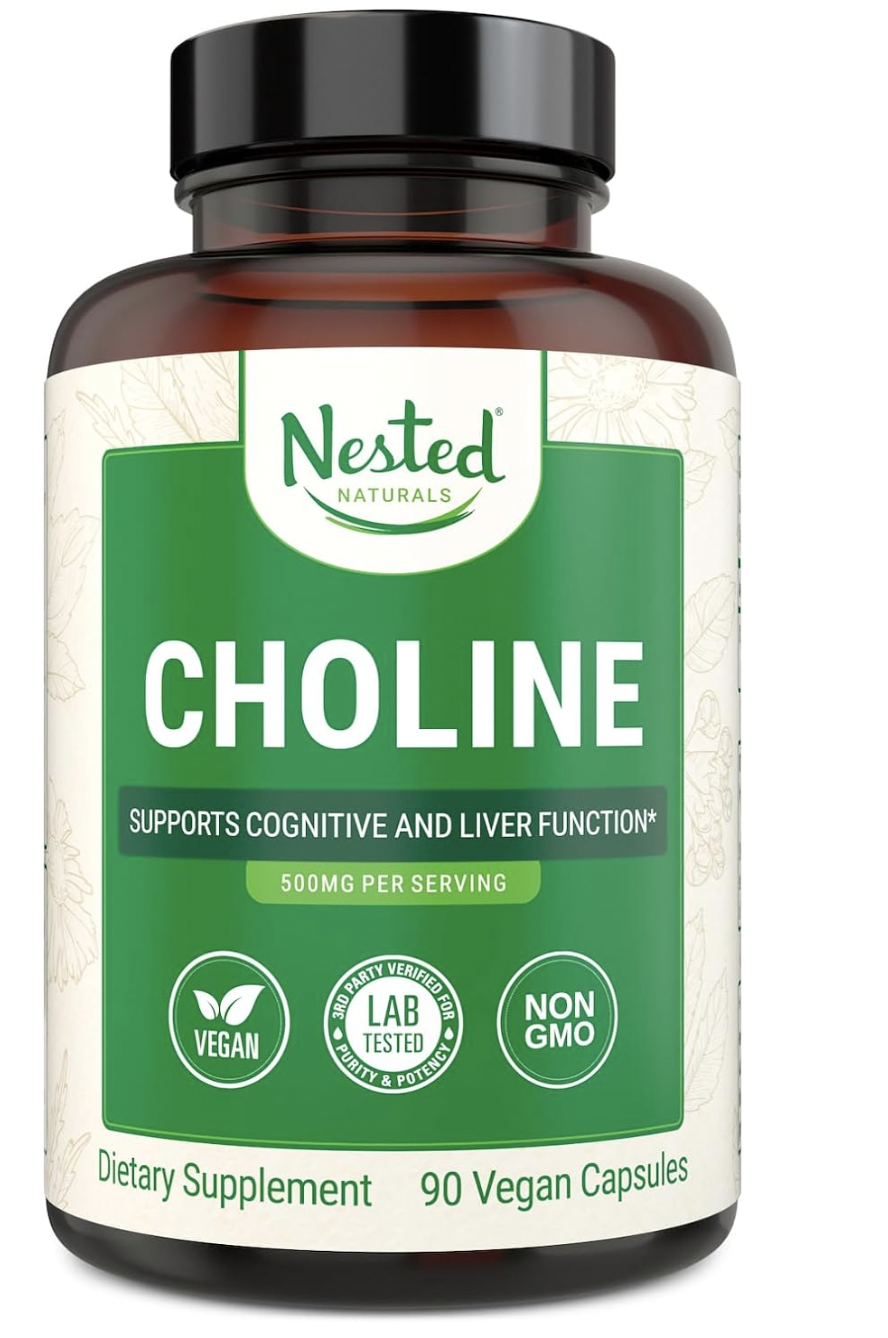
Click here to buy a choline supplement for autism.
Children with autism have impairments in their dopamine and serotonin systems. Serotonin regulates brain development through modulation of cellular division, migration, and proliferation as well as differentiation, plasticity of the brain, and the production of new synaptic connections. Serotonin influences learning, memory, and mood. Dopamine, in contrast, regulates motor activity, attention, motivation, and the processing of rewards.Providing adequate levels of amino acids like L-tryptophan and L-tyrosine help children with autism increase focus and decrease hyperactivity. Today, GMO staple foods like wheat, soy, and corn no longer go through the biological pathway that leads to the production of L-tryptophan or L-tyrosine. As such, nutritional deficiencies involving these two amino acids are much more common today than they were 30 years ago.
Click here to learn more about GMO foods that no longer produce essential amino acids.
The amino acid lysine has also been shown to have consequences on autism symptoms. Infrequent, but high levels of lysine in the blood have been associated with intellectual disability and behavioral problems, but deficiencies of lysine can produce irritability and agitation. Scientists believe that lysine deficiency or irregularly high levels of lysine can lead to autism symptoms because a lack of lysine reduces the production of glutamate and GABA, neurotransmitters that are both associated with mood disorders.
In autism, B vitamins, magnesium, choline, and amino acids all work together to regulate the central nervous system as well as the autonomic nervous system. As such, it’s important for parents to understand the dynamic inter-relationship among these nutrients even if they opt to work with a colinomimetic rather than a nutritional choline supplement to overcome autism symptoms.
Click here to buy The Origami of Autism: Transforming 2-Dimensional Thinking about ASD into 3-Dimensional Solutions.
Citicoline for Autism
Citicoline, also known as Cytidine 5-diphosphocholine, CDP-choline, or cytidine diphosphate choline, is a mononucleotide that’s made up of ribose, pyrophosphate, cytosine, and choline. It is water-soluble and a form of choline that is naturally occurring and regarded as safe. Citicoline causes minor side effects such as digestive intolerance when it is administered orally. It is available as a dietary supplement.In a study that looked at Cerebrolysin for autism, citicoline was used in one of the control groups. The patient who was given citicoline showed some marked improvement in autism symptoms. Indeed, in scientific research, citicoline has shown promise for the treatment of a number of neurological disorders besides autism including:
- Parkinson’s disease
- Brain Ischemia / Stroke
- Hemorrhagic Stroke
- Alzheimer’s disease
- Glaucoma
- Nonarteritic Ischemic Neuropathy
- Amblyopia
- Mental retardation
- Rett Syndrome
- Brain Atrophy
- Kernicterus
- Cerebral Palsy
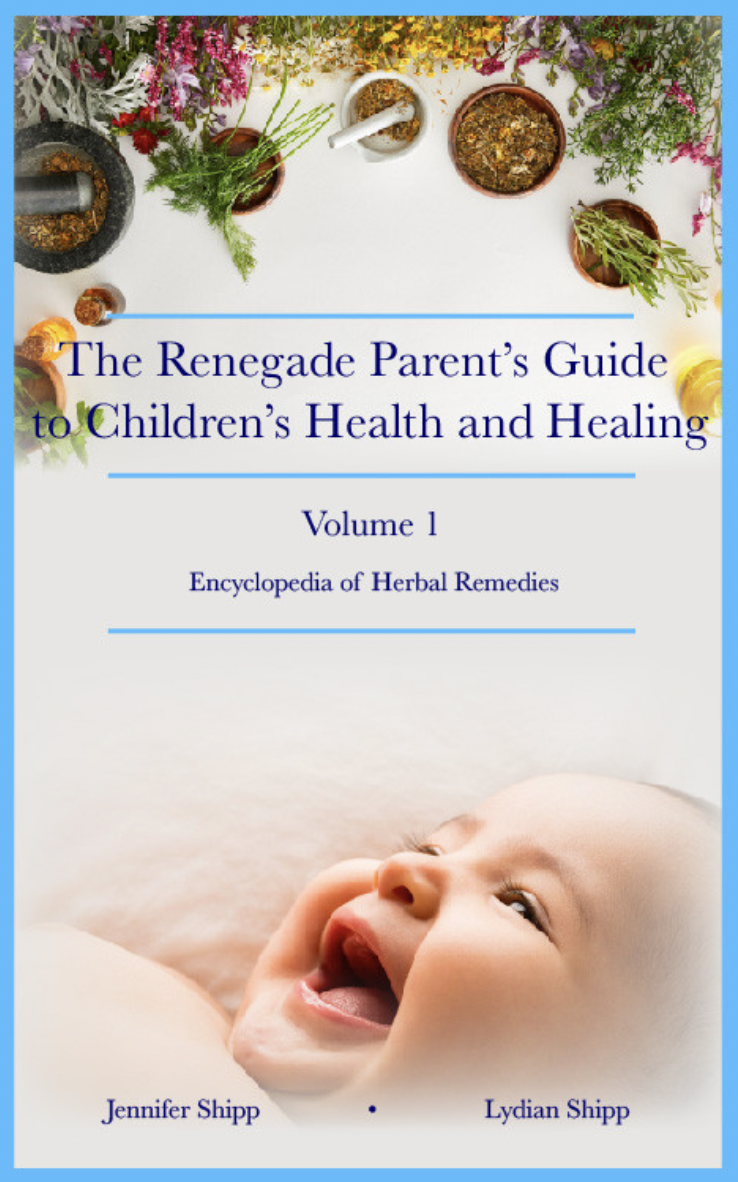
Click here to buy The Renegade Parent's Guide to Children's Health and Healing.
How Citicoline Works to Treat Autism and More…
Citicoline is a precursor to phosphatidylcholine. As such, it helps maintain the health of the neuron membranes. It activates the production of certain phospholipids inside neurons and it repairs damaged cholinergic neurons (the neurons that transmit acetylcholine) by improving production of acetylcholine. It also reduces the building of free fatty acids at sites where nerve damage has occurred.Citicoline can remove beta-amyloid deposits in the brain to reduce symptoms of Alzheimer’s disease and other forms of dementia. It maintains sphingomyelin and cardiolipin levels to ensure that mitochondrial membranes remain intact. It restores the activity of mitochondrial ATPase and inhibits the activation of phospholipase A2.
Citicoline also upregulates the activity of glutathione reductase while increasing production of glutathione, a powerful antioxidant and detoxifying agent in the brain and body. This increase in glutathione production protects the brain from lipid peroxidation.
Additionally, citicoline increases cerebral metabolism and potentiates the release of dopamine by stimulating the release of acetylcholine. It also enhances noradrenaline release.
Citicoline and Cerebrolysin for Autism
Intramuscular injections of citicoline at a dose of 500 mg given every 3rd day in the morning – 10 doses per month can be combined with intramuscular injections of cerebrolysin. Intramuscular cerebrolysin – at a dose of 5 mL given every 3rd day in the morning at 10 doses per month have had dramatic results in some cases.Choline Alfoscerate for Autism
Choline Alferscerate, also known as L-alpha-Glycerophosphorylcholine or Alpha-GPC, is a biosynthetic supplemental form of choline that is able to cross the blood brain barrier. It is used as an acetylcholine precursor agens that’s used to produce the neurotransmitter acetylcholine. Alpha-GPC delivers choline directly to the brain. The FDA has designated Alpha-GPC as a non-prescription drug that is “Generally Recognized as Safe” (GRAS) for use in children and adults.In one 8 week study involving 20 children aged 3-8 years with mild to moderate autism, choline alfoscerate / Alpha-GPC was administered at a dose of 400 mg per day. In 17 of the 25 patients, neuroleptic therapy was continued during treatment with Alpha-GPC. This treatment showed positive improvement in 89% of the patients in terms of the following:
- Patients showed positive improvement in their behavior.
- Patients showed positive improvements in socialization.
- Patients showed positive improvements in communication and self-care.
- Patients had fewer speech problems.
- Patients showed an enhancement in learning activity and productivity.
Patients did not have any notable side effects or a worsening of ASD symptoms in this study although some patients had stronger emotions during the first few weeks of treatment. These strong emotions were reduced by the 4th week of treatment, however when the dose was reduced to 400 mg every other day.
Natural choline supplementation at a similar dose is likely to produce similar results, though parents may wish to experiment with Alpha-GPC as another way to deliver choline to the brain.
Summary: Choline for Autism
There are several ways to administer choline for autism treatment. Choline is available as a nutritional supplement as simply “choline”, but it is also available as Alpha-GPC or Citicoline. Citicoline has been used by scientists to overcome an array of serious neurological disorders including autism. Citicoline and Cerebrolysin can be used together as injectable nootropics for autism treatment that can have a dramatically positive effect on symptoms.Resources:

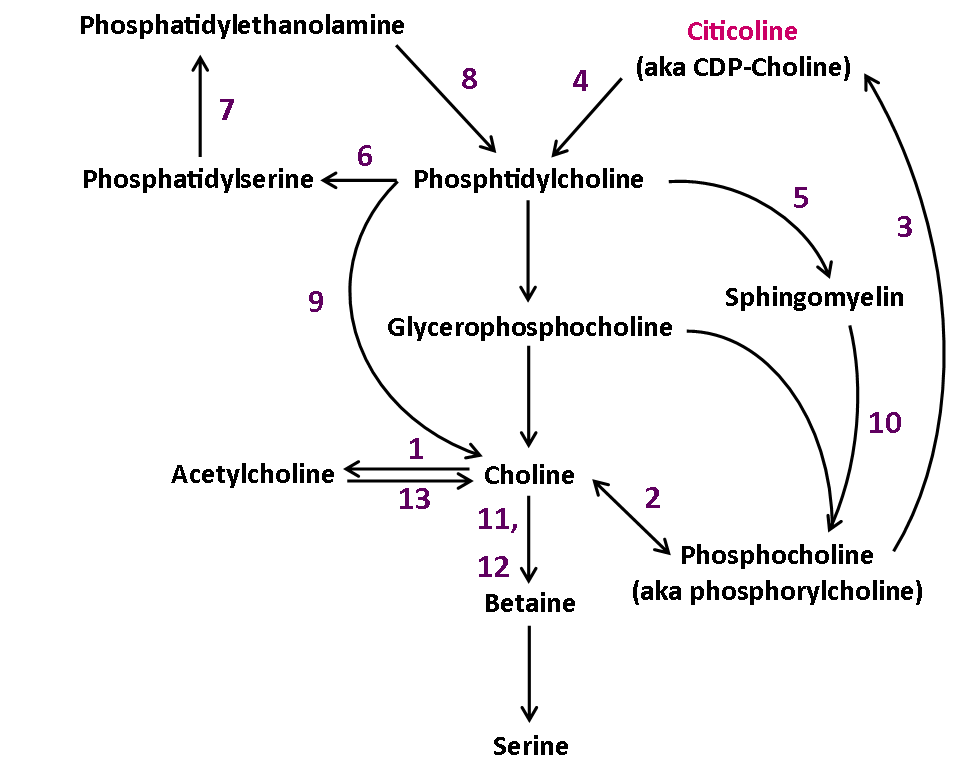 Synthesis of choline from Citicoline.
Synthesis of choline from Citicoline.